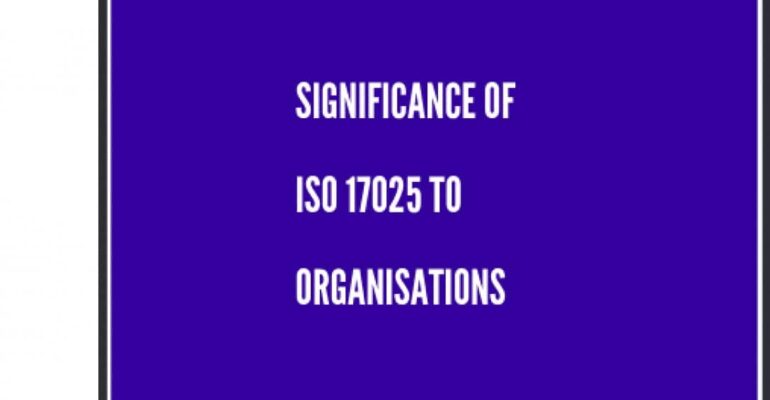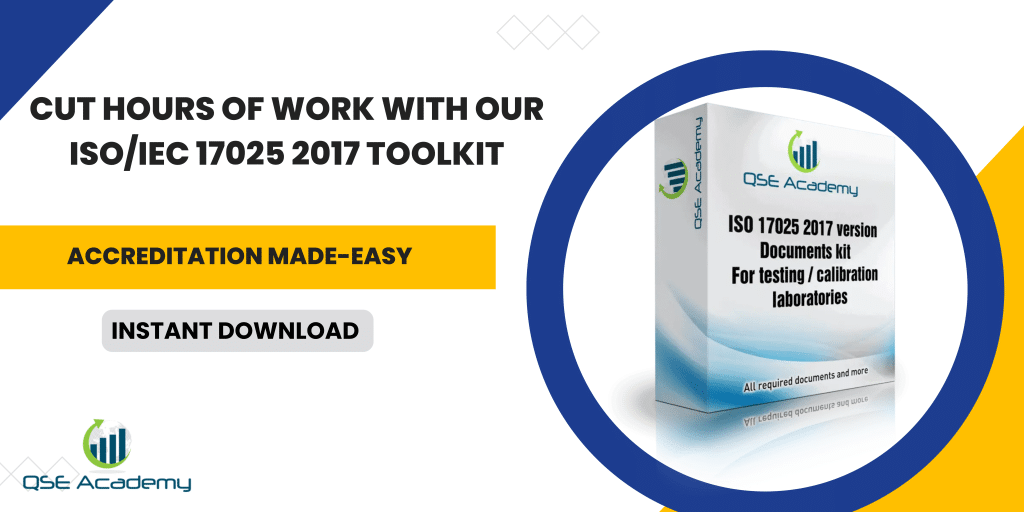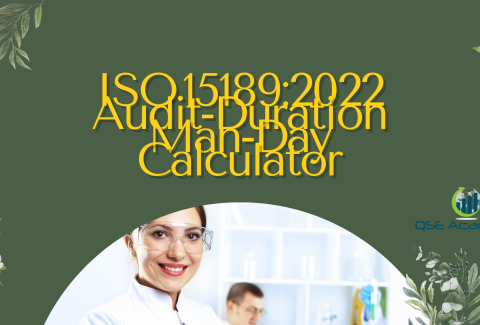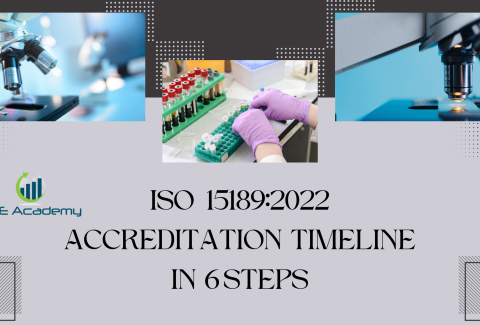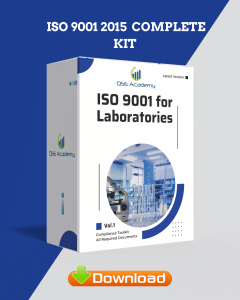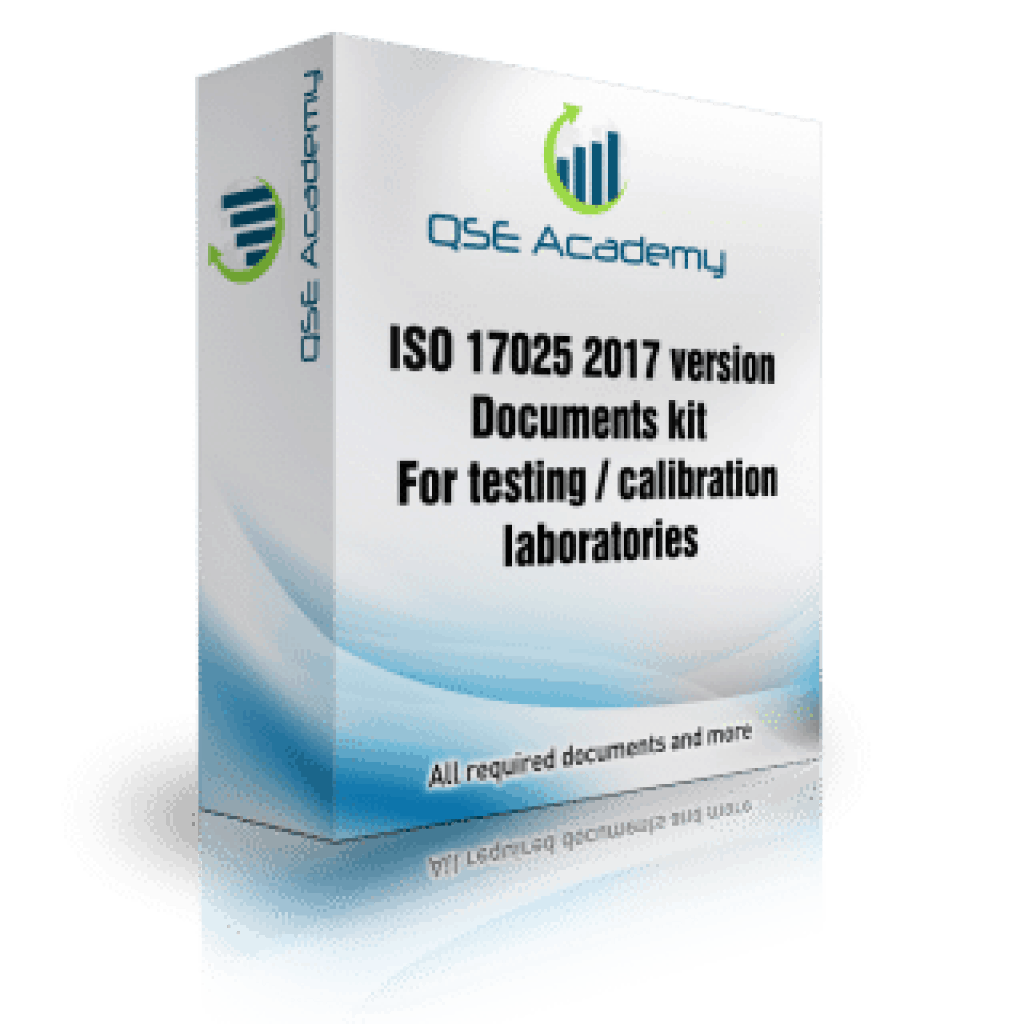Significance of ISO 17025 to Organizations
Last Updated on October 13, 2025 by Hafsa J.
Significance of ISO/IEC 17025 to Organizations
If your organization operates a testing or calibration laboratory, you’ve probably heard of ISO/IEC 17025—but have you ever taken a closer look at what it really means for your business? Understanding the significance of ISO/IEC 17025 goes far beyond just meeting a requirement or passing an audit. It’s about demonstrating that your lab produces technically valid results, every single time.
The significance of ISO/IEC 17025 lies in how it helps organizations build trust, prove competence, and improve operations. Whether you’re serving clients, regulators, or internal teams, this international standard shows the world that your lab works with integrity, accuracy, and consistency.
In this article, we’ll explore the significance of ISO/IEC 17025 by breaking down:
-
What makes this standard unique among ISO frameworks
-
How it applies across industries and lab types
-
Why it supports global credibility and smoother business operations
-
And how it connects to risk management, improvement, and quality culture
So if you’re curious about how ISO/IEC 17025 fits into your organization’s bigger picture, you’re in the right place. Let’s dive in.
ISO/IEC 17025 as a Benchmark for Laboratory Competence
When we talk about the significance of ISO/IEC 17025, we’re really talking about how labs prove they know what they’re doing—consistently and confidently. ISO/IEC 17025 is not just another set of rules. It’s the international gold standard for testing and calibration laboratories, and it’s trusted by industries, regulators, and customers around the world.
So, what exactly does it do? At its core, ISO/IEC 17025 defines the general requirements for the competence of testing and calibration laboratories. It ensures that labs not only follow proper procedures, but also have the right personnel, equipment, environment, and quality system in place to produce valid results.
The significance of ISO/IEC 17025 shows up clearly in these key areas:
-
It proves your lab can deliver technically valid and traceable results
-
It verifies that your processes are documented, controlled, and reviewed
-
It requires that your personnel are trained, competent, and authorized
-
It emphasizes decision rules, measurement uncertainty, and result validity
And what really sets ISO/IEC 17025 apart from other standards—like ISO 9001—is its laser focus on technical competence. While ISO 9001 is great for general quality management, ISO/IEC 17025 goes deeper into the actual science and operations happening inside a lab.
If you want your lab to be trusted—especially for regulated activities, client testing, or international trade—then understanding the significance of ISO/IEC 17025 is essential. It’s not just a box to check; it’s a powerful framework that helps you deliver results people can depend on. Next, we’ll look at how this standard applies across industries and why it matters no matter what kind of lab you run.
Industry Applications and Operational Impact
One of the reasons the significance of ISO/IEC 17025 is so widely recognized is because it isn’t tied to just one type of lab or sector. Whether you’re testing food samples, calibrating pressure gauges, analyzing environmental pollutants, or performing forensic examinations, this standard fits. It’s flexible enough to apply to just about any lab—yet specific enough to guide every detail of how the work should be done.
Let’s look at how the significance of ISO/IEC 17025 shows up across different industries:
-
Manufacturing: Ensures product quality by verifying that lab-based inspections and tests meet precise technical standards.
-
Environmental testing: Confirms that water, air, and soil samples are analyzed with valid, repeatable methods—critical for public health and regulatory compliance.
-
Pharmaceuticals and biotech: Supports compliance with strict regulations through reliable data and traceability in lab testing.
-
Food safety: Helps labs test for contaminants, allergens, or nutritional content with results that retailers, consumers, and regulators can trust.
-
Construction and engineering: Ensures that material testing (like concrete or metals) is carried out with consistent accuracy for safety and performance.
Beyond industry-specific uses, the significance of ISO/IEC 17025 really shines in how it improves day-to-day lab operations. It helps organizations:
-
Create consistent, repeatable workflows
-
Control documentation and reduce errors
-
Clarify responsibilities and roles within the lab
-
Monitor performance and improve over time
In other words, it’s not just about getting a certificate to hang on the wall—it’s about running a better lab. When you align your operations with ISO/IEC 17025, you’re setting up your team for success and creating a reliable foundation for all your results. And that’s something every industry can benefit from.
Next, we’ll dig into how ISO/IEC 17025 boosts trust, credibility, and access to new markets—whether you’re serving clients locally or working with partners across the globe.
Confidence, Credibility, and Market Access
Let’s be real—at the heart of every lab’s work is trust. Whether you’re testing medical devices, verifying product safety, or analyzing environmental samples, your clients and regulators need to believe in your results. That’s where the significance of ISO/IEC 17025 becomes crystal clear. It’s a signal that your lab doesn’t just follow procedures—it follows internationally recognized best practices for technical accuracy and quality.
When a lab is accredited to ISO/IEC 17025, it immediately gains credibility. Why? Because it’s gone through a rigorous assessment by an external body to confirm that its people, processes, equipment, and records all meet the standard. And that confidence carries weight:
-
Clients trust your results because they know your lab meets global standards.
-
Regulators recognize your data without requiring additional proof or retesting.
-
Partners and customers in other countries accept your reports through international agreements.
That last point is huge. Thanks to mutual recognition arrangements (like ILAC-MRA), ISO/IEC 17025 accreditation helps your lab’s results be accepted across borders. So if you’re doing business globally—or even thinking about it—the significance of ISO/IEC 17025 can’t be overstated. It breaks down barriers and opens doors.
It’s not just about documentation or compliance; it’s about making your work portable and powerful. Labs that embrace ISO/IEC 17025 are seen as reliable partners in complex industries where precision really matters.
So whether you’re working with a government agency, a manufacturer, or a multinational customer, the significance of ISO/IEC 17025 is in how it helps you earn their trust—before you even run the first test. Next, let’s talk about how this standard ties into quality thinking and risk control within your daily operations.
Alignment with Risk-Based Thinking and Quality Culture
Now let’s talk about something that might sound a little abstract at first—risk-based thinking. But don’t worry, this isn’t about endless meetings or complicated spreadsheets. It’s actually one of the more practical aspects of the significance of ISO/IEC 17025, and it plays a big role in keeping your lab sharp and consistent.
ISO/IEC 17025 encourages labs to think proactively: What could go wrong? Where are the weak points? How can we fix things before they become problems? This mindset is what risk-based thinking is all about. Instead of waiting for errors or nonconformities to surface, you’re looking ahead and managing them before they cause damage.
Here’s where the significance of ISO/IEC 17025 comes into play:
-
It guides labs to identify risks to the validity of their results—whether that’s human error, equipment failure, or process gaps.
-
It helps teams build procedures that are resilient, so results stay consistent even when challenges arise.
-
It encourages a culture of awareness and accountability, where staff are empowered to spot and correct issues early.
This isn’t just good practice—it creates a foundation for long-term quality. By weaving risk thinking into everyday tasks, labs can improve how they operate, reduce waste, and avoid costly rework or client complaints.
But the significance of ISO/IEC 17025 doesn’t stop with risk. The standard also supports the development of a quality-focused culture. It promotes:
-
Clear documentation and communication
-
Ongoing training and development
-
Internal audits and management reviews that drive actual improvements—not just paper exercises
It’s about creating an environment where quality isn’t just a once-a-year event—it’s part of your lab’s DNA. And when that kind of culture takes root, the benefits show up in better performance, happier clients, and stronger audit outcomes.
So, as you think about the significance of ISO/IEC 17025 for your lab, remember: it’s not just a technical checklist—it’s a smart, flexible framework that helps your team do better work, every day. Let’s wrap things up with a few final thoughts on why this standard continues to matter for labs of all kinds.
Final Thoughts on the Significance of ISO/IEC 17025
So, after all this talk about procedures, traceability, and lab operations, what does it all come down to? The real significance of ISO/IEC 17025 lies in its ability to transform a laboratory from just “doing the work” to being a trusted source of technically valid results. It’s about showing the world—and yourself—that your lab stands for consistency, credibility, and continual improvement.
Across industries, whether you’re testing materials for safety, calibrating instruments for precision, or analyzing environmental samples, the significance of ISO/IEC 17025 remains the same. It gives your lab a proven structure to deliver results people can trust—results that regulators accept, clients respect, and peers recognize globally.
Let’s recap a few key takeaways:
-
The significance of ISO/IEC 17025 starts with technical competence, but it also supports operational excellence and quality culture.
-
It’s not limited to one industry—it’s relevant wherever measurement, testing, and calibration take place.
-
It helps labs navigate risks, communicate clearly, and improve continuously.
-
Most importantly, it builds trust—within your team, with your clients, and across international borders.
Whether you’re just beginning your journey toward accreditation or refining systems you’ve had in place for years, understanding the significance of ISO/IEC 17025 gives you a clear vision of what matters most in laboratory operations. It’s not just about the certificate—it’s about the mindset behind it.
And that mindset? It’s what turns a good lab into a great one.
I hold a Master’s degree in Quality Management, and I’ve built my career specializing in the ISO/IEC 17000 series standards, including ISO/IEC 17025, ISO 15189, ISO/IEC 17020, and ISO/IEC 17065. My background includes hands-on experience in accreditation preparation, documentation development, and internal auditing for laboratories and certification bodies. I’ve worked closely with teams in testing, calibration, inspection, and medical laboratories, helping them achieve and maintain compliance with international accreditation requirements. I’ve also received professional training in internal audits for ISO/IEC 17025 and ISO 15189, with practical involvement in managing nonconformities, improving quality systems, and aligning operations with standard requirements. At QSE Academy, I contribute technical content that turns complex accreditation standards into practical, step-by-step guidance for labs and assessors around the world. I’m passionate about supporting quality-driven organizations and making the path to accreditation clear, structured, and achievable.

